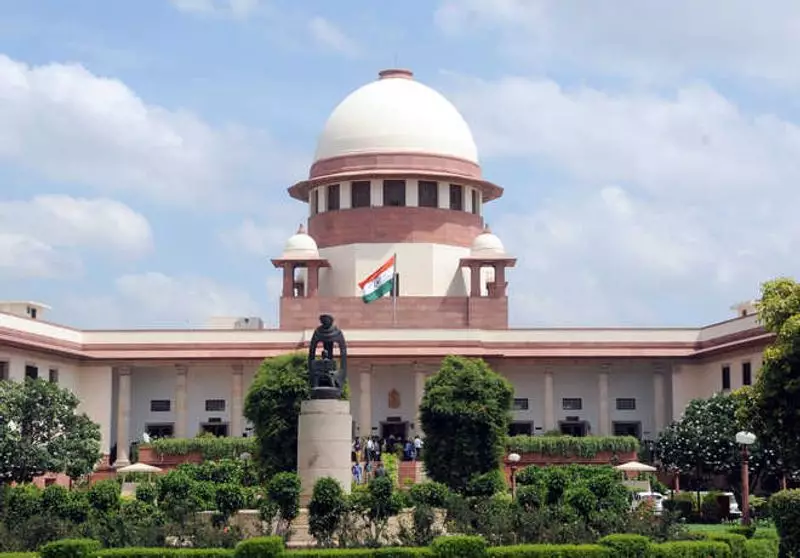
In a landmark legal examination that could reshape India's child protection framework, the Supreme Court has taken up a crucial question: Can women be prosecuted under the Protection of Children from Sexual Offences (POCSO) Act for sexually assaulting minor boys?
The Legal Conundrum
A bench comprising Chief Justice D Y Chandrachud and Justice P S Narasimha is currently scrutinizing whether the POCSO Act's provisions, traditionally interpreted to primarily address offences against girls, can be applied to cases where women are accused of sexually assaulting minor boys.
The court's attention was drawn to this significant legal matter while hearing a petition filed by a woman challenging the POCSO case registered against her. The petitioner has argued that since the POCSO Act defines the perpetrator using gender-neutral terms while specifically defining the victim as a "child," the law's application requires careful judicial interpretation.
Current Legal Landscape
The POCSO Act, enacted in 2012, was designed to provide comprehensive protection for children from sexual assault, harassment, and pornography. However, the current legal debate centers around whether the act's language and intent encompass cases where women are the alleged perpetrators against male minors.
Legal experts note that while the act uses the term "any person" for offenders, making it technically gender-neutral, its practical application in cases involving female perpetrators has remained ambiguous and subject to varying interpretations across different courts.
Broader Implications
The Supreme Court's eventual ruling could have far-reaching consequences for:
- Legal interpretation of gender-specific language in child protection laws
- Protection mechanisms for male child victims of sexual abuse
- Consistency in applying POCSO provisions across different scenarios
- Future amendments to strengthen child protection legislation
The court has issued notice to the Centre and the National Commission for Protection of Child Rights (NCPCR), seeking their responses on this pivotal legal question. The outcome of this case is being closely watched by child rights activists, legal experts, and policymakers alike, as it could potentially fill a significant gap in India's child protection legal framework.
This judicial examination comes at a time when there's growing recognition that sexual abuse affects children regardless of gender, and legal systems worldwide are evolving to address this reality more comprehensively.






